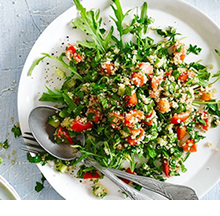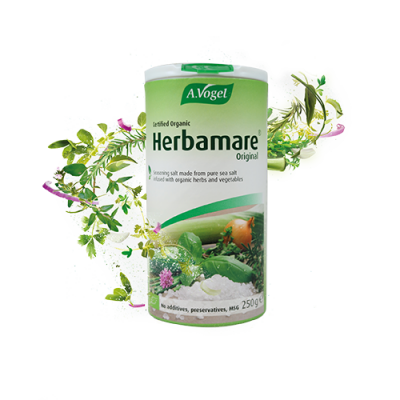What does the liver do?
Renowned naturopath Alfred Vogel stated that the liver is the regulator of your health and that you are only as healthy as your liver. Look after it well and it will look after you but ignore it at your peril!
It performs over 500 different functions including:
- Making and storing fuel for energy
- Keeping your blood glucose at the right level
- Cleaning the blood
- Helping with blood clotting
- Making bile for digestion
- Storing certain vitamins
- Synthesising hormones.
So let’s look at these a little more closely and see how these aspects of liver function affect the menopause and how it impacts your symptoms.
Making and storing fuel for energy
Falling hormone levels really stress the body generally and this uses up lots of energy. Fatigue is a common menopause symptom and many women do feel that their ‘get up and go’ has well and truly gone!
Keeping your blood glucose at the right level
Badly fluctuating blood sugar levels can trigger flushes, palpitations, dizziness and headaches.

Are you Menopausal? Need help with your symptoms? Try our Menopause Symptom Checker.
Answer 3 question to find out if you could be menopausal and get personalised tips and advice straight to your inbox based on your results.
Cleaning the blood
Your liver works 24/7 in protecting the body from all sorts of toxins that we ingest through food, drink, things we put on our skin and from the air we breathe. If the liver is under pressure it can’t work efficiently and the body will then offload toxins through the skin, causing rashes, itchiness or spots. With toxins whizzing round our system this could also contribute to joint or muscle aches, fuzzy thinking and lots of niggly symptoms.
Making bile for digestion
Bile not only emulsifies fats properly but also helps the motility of the gut. Lack of bile can cause a sluggish digestion, resulting in bloating, constipation and wind.
Storing certain vitamins
The liver helps to store vitamins A, D, K, B12 and iron.
- Vitamin A is needed for eyesight and promotes strong bones, healthy skin, hair, teeth and gums.
- Vitamin D is needed for strong bones and teeth.
- Vitamin K is needed for proper blood clotting and helps reduce excessive menstrual flow.
- Vitamin B12 is needed for maintaining a healthy nervous system, improving memory, concentration and balance, relieving irritability and increasing energy.
- Iron is needed for preventing fatigue, promoting resistance to disease, and supporting good skin tone.
Synthesising hormones
When your hormones have done their job they are sent to the liver to be ‘deactivated’ so they can no longer have any effect. If the liver is struggling this may not be done efficiently enough and can give rise to hormonal imbalances or sudden spikes and dips in hormone levels, which can then trigger some sudden menopause symptoms.
After this, you may well be asking:
How can I look after my liver?
Having a good healthy diet, lots of water and regular, efficient bowel function are really important. The biggest enemies of the liver are: sugar, caffeine, processed foods, white bread, pasta etc., and alcohol, so do try to avoid these!
What else can I do?
You could try the herbal remedy Milk Thistle Complex. This is a combination of herbs put together by herbalist Alfred Vogel that can help to support and improve liver function. Doing this for a month in spring and autumn is best but whenever you do it, your liver will be grateful.
Keep your bowels working well – the better they are moving, the less stress is put on the liver and it becomes a ‘happy circle’. Poor liver function and a sluggish bowel can affect each other and cause a vicious circle’ which, over time, can be a big contributory factor to menopause symptoms.
So, as you can see, having a healthy liver in the menopause is really important and can make a lot of difference!









